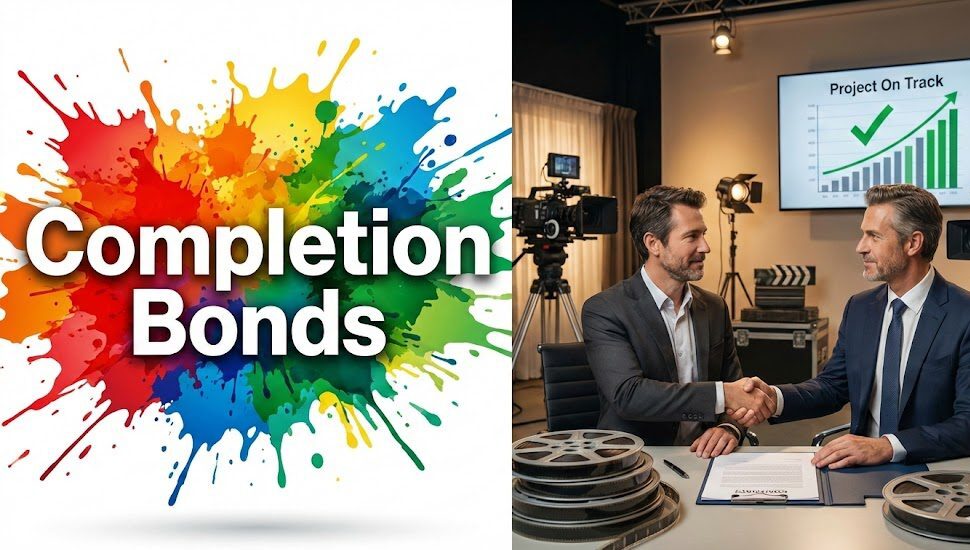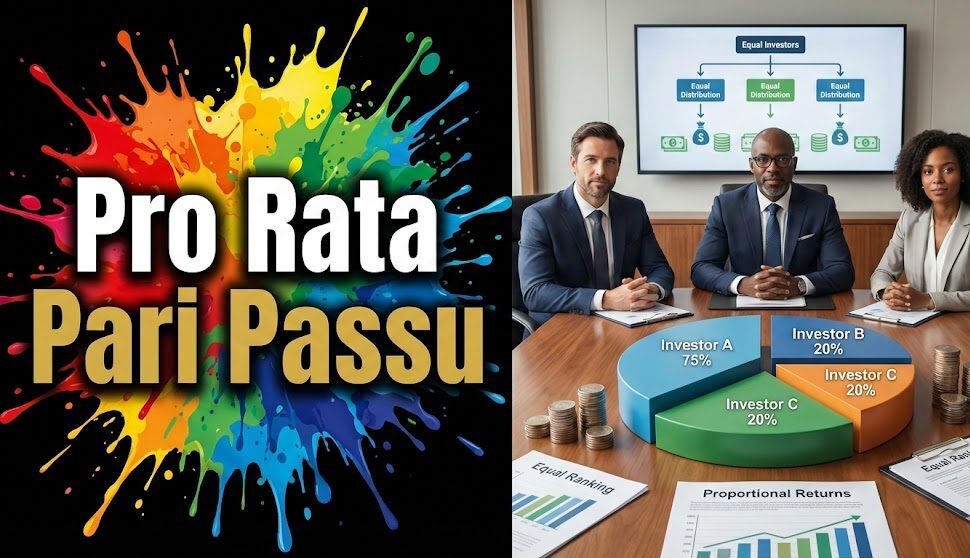In today’s fast-paced and ever-evolving world of entertainment, the film industry is constantly seeking ways to streamline processes and deliver high-quality content to audiences around the globe. One of the most significant advancements in recent years that is revolutionizing post-production in the film industry is the integration of Artificial Intelligence (AI) technology. AI is transforming the way films are edited, color graded, sound mixed, and localized, resulting in faster turnaround times, improved efficiency, and enhanced creativity. In this article, we will explore how AI is reshaping post-production in the film industry and the benefits it brings to various key players in the entertainment ecosystem.
How AI is Transforming Post-Production
AI technology is being used in post-production to automate time-consuming tasks, enhance creative processes, and improve overall production quality. Here are some key ways AI is revolutionizing post-production in the film industry:
– Automated Editing: AI-powered editing software can analyze footage, identify key moments, and create rough cuts, saving editors valuable time and allowing them to focus on more creative aspects of the editing process.
– Color Grading: AI algorithms can analyze images and videos to automatically adjust colors, contrast, and lighting, resulting in consistent and professional-looking color grades across an entire film.
– Sound Mixing: AI tools can analyze audio tracks, remove background noise, enhance dialogue clarity, and create immersive soundscapes, improving the overall audio quality of a film.
– Localization: AI-powered translation tools can accurately translate dialogue and subtitles into multiple languages, making it easier to distribute films to a global audience.
Real-World Examples
One example of AI revolutionizing post-production is the use of IBM Watson’s AI technology in the editing process of the 2016 film “Morgan.” The AI software analyzed the trailer and identified key emotional moments, which helped the filmmakers create a more engaging final cut.
Another example is the use of AI-driven color grading tools by post-production houses like Technicolor and Deluxe. These tools have significantly reduced the time and effort required for color grading, allowing filmmakers to achieve the desired look for their films more efficiently.
Key Takeaways
– AI technology is streamlining post-production processes in the film industry, saving time and improving efficiency.
– AI-powered tools are enhancing creativity by automating repetitive tasks and allowing filmmakers to focus on storytelling.
– AI is enabling filmmakers to reach global audiences by facilitating localization and translation of content.
Partner with India’s Leading Production Houses

FAQs
Q1: How can AI benefit post-production managers in the film industry?**
A: AI tools can help post-production managers streamline workflows, improve quality control, and meet tight deadlines more effectively.
Q2: What are some challenges of implementing AI in post-production?**
A: Challenges include the initial cost of AI software and training, as well as the need for skilled professionals to operate and troubleshoot AI tools.

































